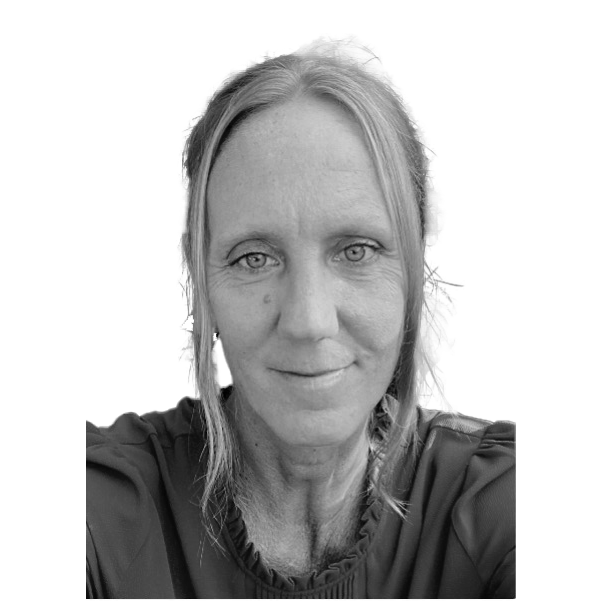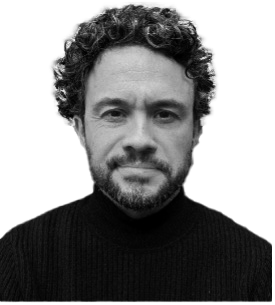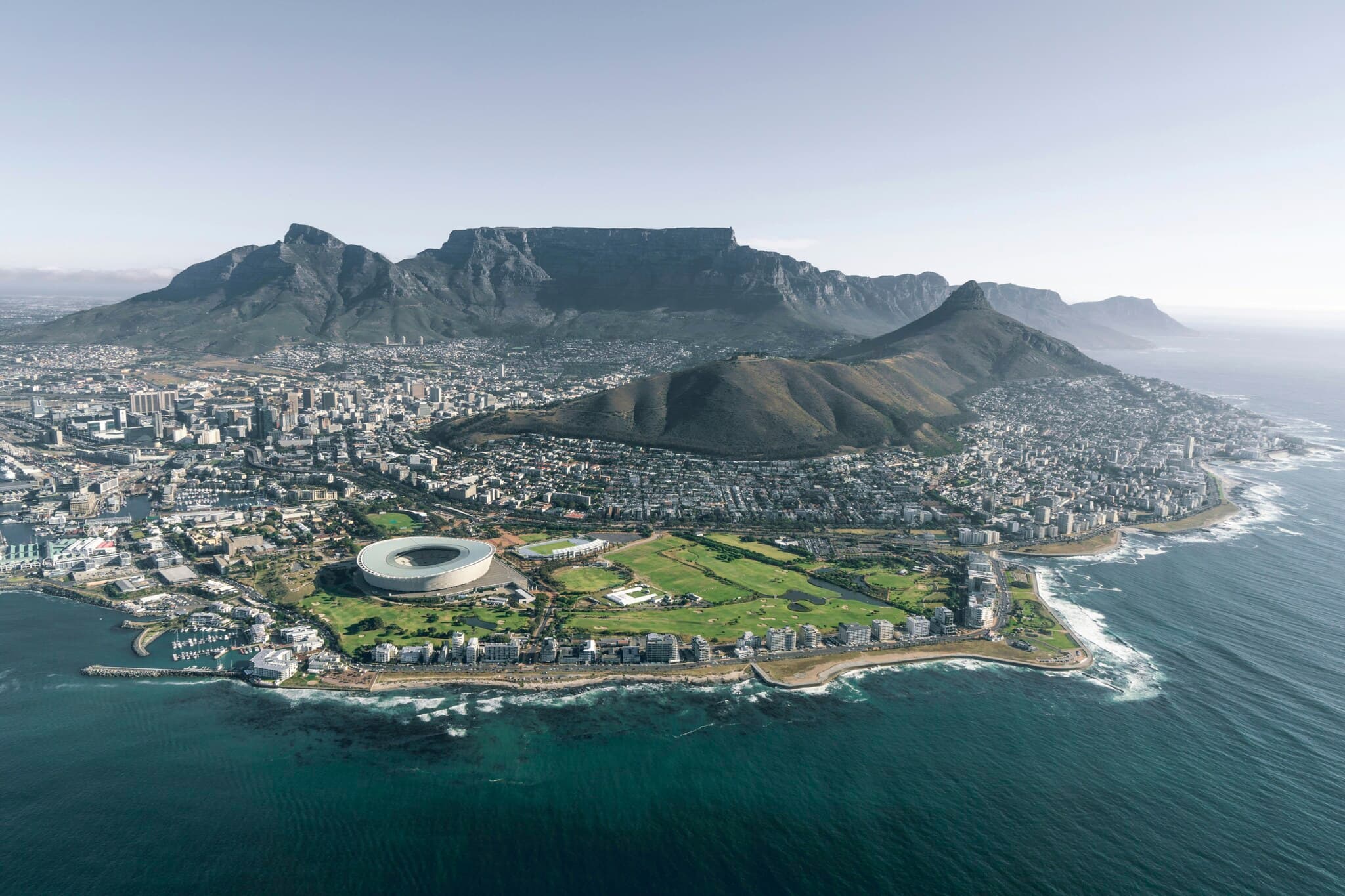Meet the trailblazers bringing Howden’s climate expertise to cities globally
Published
Read time
- Howden again joins forces with Resilient Cities Network and the Sustainable Markets Initiative to deliver the 2024 Global Risk and Resilience Fellowship
- As cities globally feel the growing impact of climate change, this innovative Fellowship tackles climate risk by combining insurance know-how and urban expertise
- Meet some of the inspiring fellows advancing the climate transition in cities around the world
Whether it’s fighting wildfires and floods, battling through extreme heatwaves or being battered by storms of increasing intensity, the world’s cities are on the frontline of climate change.
The impacts of more frequent and severe climate shocks are extra challenging because today the majority of the world’s population live in cities – and rising – with 68 per cent of the global population expected to live in urban areas by 2050. Billions of people who rely on cities for food, housing, jobs, healthcare and clean water – all of which are being impacted by climate change costly and damaging ways.
To help tackle this challenge, Howden has joined forces with the Sustainable Markets Initiative and the Resilient Cities Network to create the Global Risk and Resilience Fellowship.
Now in its second year, this unique Fellowship connects insurance professionals with city leaders worldwide to develop innovative, real-world solutions to urban climate vulnerabilities, and help build long-term resilience.
This year, the Fellowship is helping five diverse cities across Europe, the US and Africa to explore how they can use insurance to de-risk investment and reduce the cost of capital for new infrastructure they need to adapt to growing climate risks.
Following Howden’s release of the findings from this year’s Fellowship, two fellows share what the experience has meant for them, what they’re most proud of and their hopes for the legacy.
Rebecca Wagner, Lead Fellow, Oakland, California
Project: Exploring what local-level prevention and adaption interventions could make homeowners more insurable for wildfire
Hotter, drier weather linked to climate change is making catastrophic wildfires in Oakland more common – and more destructive. The terrible toll on communities is compounded by insurers limiting or removing coverage at scale, with the knock-on effect that affordable home insurance is almost impossible to find for Oakland locals. To help solve this problem, Oakland’s leaders wanted to explore what kinds of local-level fire risk adaptations could make communities more insurable.
Explore the recommendations in the report.
When you think back on the work you’ve done as part of the Fellowship what are you most proud of achieving?
I was able to connect with people in various sectors that provided insight that may have been missed had I kept a narrow focus. In referencing the Fellowship, David Howden [CEO, Howden] said to be brave, and I truly took that to heart and reached out people in academia, non-profits, government, emergency services, building, planning, tribal mitigation, and many others. These new relationships built will help Oakland continue its path to a resilient future, not just in obtaining insurance products but in so many facets of daily life for Oakland residents.

On a personal level, what has working on the Fellowship meant to you?
The Fellowship has been soul food, and I am so grateful to be a part of it. The relationships built and Oakland itself has forever changed me in the best of ways. I am immensely proud and grateful for the multi-faceted knowledge I have gained and the conversation it has started both personally and professionally. Confidently [talking about] and helping others to understand the reality of climate change, and translating it on a personal level, has really motivated me to do more both in my daily life and on a larger scale.
What do you hope the legacy of your project will be?
If the Fellowship helps even one person, I will feel that we succeeded. The cascade effects of climate change can feel overwhelming to address. It is invaluable to find success on a granular level to help others understand that they do have the power to change some things for some people. My hope is that the legacy of the Fellowship is to inspire even [just] one person to help one other person, and that the chain goes on and on. Small steps taken by one [person] can lead to positive outcomes for many.

Peter Adams, Lead Fellow, Cape Town, South Africa
Project: Mapping flood costs in informal communities
Cape Town regularly faces severe flooding – a challenge that is only getting worse with climate change. The effects are felt most severely by people living in informal settlements with frail housing and poor infrastructure, and often situated in former wetlands and riverbeds. Since the Covid-19 pandemic, informal settlements are rapidly expanding into these high-risk zones, driven by a growing population trying to establish homes near jobs and basic services. The city asked for help assessing the cost of flooding with currently available data, to fast-track practical action for vulnerable populations.
Read the findings in the report.
When you think back on the work you’ve done as part of the Fellowship what are you most proud of achieving?
I am proud that we were able to navigate the complex landscape of government officials, community leaders, and local experts successfully, and in that web identify a key role for our team. We were able to provide not only an expert view but also a neutral, external one that allowed us to provide fresh insights on complex questions, and bring together the many diverse local stakeholders into productive, results-oriented forums.

On a personal level, what has working on the Fellowship meant to you?
Being a fellow has been a very meaningful experience. One reason why is that I have been able to take the expertise, resources, and mission of Howden and leverage these to serve a high-risk and low-income community. It really demonstrates the far reach of what Howden and the Climate Risk & Resilience team offers.
What do you hope the legacy of your project will be?
I hope the legacy will be two-fold: first, that the convening partnerships we facilitated will continue to grow into strong, productive bonds between local stakeholders, and second that the risk transfer tools and concepts we introduced become lasting additions to the community toolbox as climate risks continue to grow.
